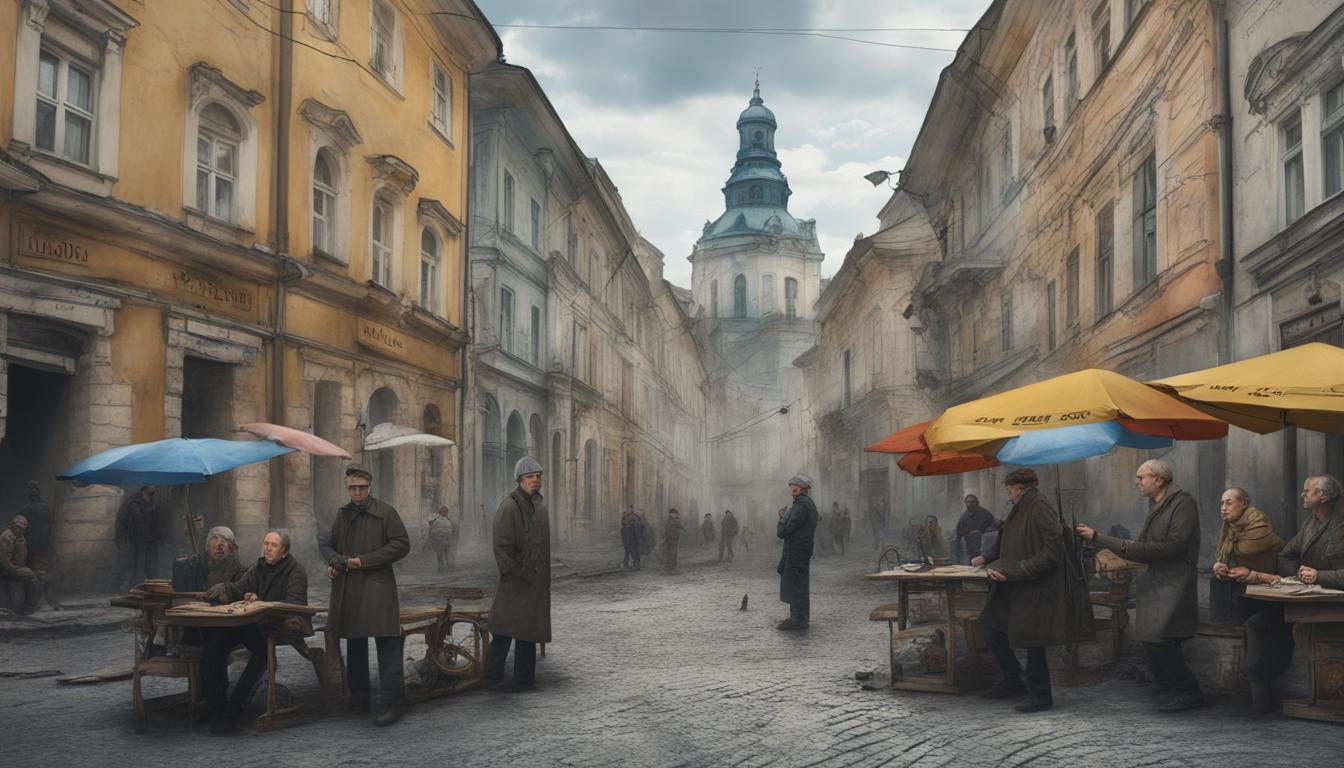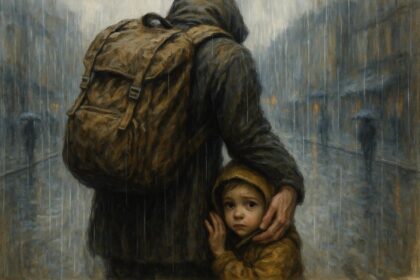As Russia continues its aggressive policies in Ukraine and across Europe, cities like Lviv show resilience amid conflict, while European nations debate responses including sanctions and financial strategies.
In recent developments in Ukraine and across Europe, tensions continue to escalate amidst Russia’s aggressive foreign policies. In Ukraine, cities such as Lviv remain resilient with bustling streets, despite the ongoing conflict with Russia. This was reported by an Express journalist, who noted the city’s surprising vibrancy amid the war, attributing this to the community’s determination to maintain normalcy.
Meanwhile, Europe is caught in a critical debate over the appropriate response to Russia’s actions. Germany, leading discussions among European nations, grapples with strategies like utilizing seized Russian assets to support Ukraine financially, highlighting internal conflicts within Europe regarding measures to counteract Russian aggression. There is also a push for more stringent sanctions and a general trade embargo against Russia, aiming to isolate Moscow economically and weaken its military capabilities.
On another front, tensions have risen following a cyberattack on Germany’s Social Democrats, attributed to Russian state hackers. Germany, assured of NATO and European Union support, has promised consequences, showing the gravity of cyber threats in modern geopolitical conflicts.
Adding to global concerns, the close proximity of Russian and American troops in Niger, due to the recent regime change there, suggests potential risks of confrontation.
Furthermore, NATO has heightened its alert status following warnings from Ukrainian intelligence that Russia could potentially seize Baltic countries quickly if not countered effectively. The alliance remains committed to Ukraine’s defense and has criticized Russia’s hybrid activities on allied territories.
In a controversial move, Russia has placed Ukrainian President Volodymyr Zelenskyy on its wanted list, escalating its propaganda efforts against Ukraine and directly targeting not only Ukrainian leaders but also figures from NATO countries involved in supporting Ukraine. This action forms part of Russia’s broader narrative that distorts historical facts and maligns the Ukrainian leadership.
These events collectively underline the profound challenges and geopolitical instability facing Europe and the broader international community, with ongoing disputes over how best to respond to Russia’s military endeavors and political tactics.













